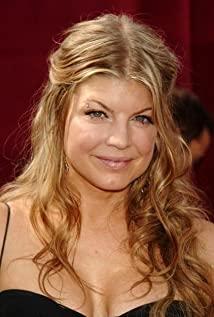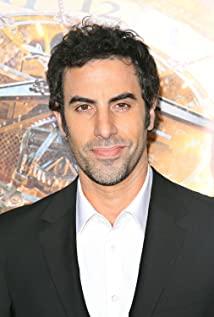The theme of the film's story is not like "Ice Age" and "Kung Fu Panda" in addition to laughter, giving people thinking scenes, everything in the film is people's imagination, although the story itself cannot stand scrutiny, but it is. All purpose is to make people laugh. If there is a theme the film wants people to remember, it seems to me that it is the friendship between friends. However, due to the background of the story, although this "friendship" is precious, it cannot be deeply scrutinized.
In the film, each animal is transformed into a human, lion, zebra, giraffe, hippopotamus, monkey, and of course the penguin legion, as well as the monkeys living on Madagascar, their behaviors and words are exaggerated and humorous, funny scenes There are endless. In the film, due to the limitations of the background setting of the story, we cannot pursue more ideological connotations. However, this is also like life. Occasionally make it simple, laugh a little, and don't have to worry about those complicated things. Isn't it a lot easier.
Like other Hollywood cartoons, in this film, it is also very lively, and several different people are combined; the process is still funny and funny. The scene design and picture effects are as beautiful and beautiful as always, accompanied by dynamic music, and appropriate imitation of many classic movies, so that if the entire movie viewing process is not pursuing the logical rationality of the story and the so-called ideological depth, I believe it can be spend in a relaxed and happy mood.
The reason why this film is said to be purely funny is because the story background and development of the film cannot stand scrutiny. In this film, instead of avoiding the source of the animals' food and the process of eating like in "Ice Age", it was forced to hold back when Alex, who likes to eat steak, was hungry. Don't eat zebras that might turn into their own food. The zebras persuaded the lions to go back with them even though they might be eaten. The film wanted to highlight their friendship through such a scene. Sadly, it ignores the most basic of reality and carnivore instincts. If there is a child's own parents, where did the steak in the film come from? Why is it right for lions to eat steak, fish and sushi, but wrong for zebras, hippos, giraffes, lemurs, etc.? I believe that no parent can answer it well. If you say that steak, fish and sushi are sent by others after being killed, and zebras, hippos, and giraffes are their friends, according to this interpretation, although in real life, human beings do it many times, but for small As a child, it is a very terrible mistake. Therefore, as mentioned in the previous article, this kind of friendship cannot go to a deep level of torture.
Another point is that the lions, zebras and other people in the zoo have a delicious and delicious life here. They are full of cheers and worship all day long, there are inexhaustible delicacies, and a comfortable and modern living environment. It is a happy life. But the few of them were thinking about going out on an adventure. The film seems to be advocating the yearning and value of freedom. How to explain this kind of "spiritual humiliation" of "the full man does not know the hungry man is hungry" to the children? Emphasizing freedom, or educating them to "do not know happiness in the midst of happiness"? Is this really a contradictory conclusion? In the film, after passing through Madagascar, Alex and the others seem to have "changed their minds" and plan to return to the zoo, but at the end of the second part, they seem to be yearning for this kind of adventure and continue to adventure. downward momentum. How to explain the behavior of these guys to children? For or against?
Compared with the performances of lions, zebras, giraffes and hippos, the appearance of penguins and monkey kings seems to be better, adding a lot to the film. In particular, penguins performed the most. Accidentally lured the zebras out of the zoo, hijacked the ship, sailed to the control ship, and came back to save the lions. Every time they appeared, they stole the limelight. Although their penguin quartet is not the main line of the story, the occasional flashes give people more laughter. In the second part, the penguin quartet is mainly responsible for the maintenance of the aircraft. After the crash in Africa, the penguin quartet seems to be more adult and taller than the child-like behavior of lions and zebras.
As for the monkey king, they appeared in the first part, and the typical French aristocratic English (voiced by the same person as the detective in "Pink Panther I-II") made me feel very close. Leading the Hu monkeys to sing dynamic songs and show off their hip twisting dances, which is really exciting. In the second part, some self-righteous ideas flashed from time to time, just like Mr. Inspector in "Pink Panther", and brought us more laughter. In contrast to the four protagonists in the film, they do not seem to provide us with more entertainment elements. The penguin quartet and the monkey king are more like "protagonists" who are not the protagonists in the film.
All in all, it's a pure comedy movie. Its purpose is not to teach, nor to give people thinking, everything is for laughter. As long as you laugh, the film will be successful.
Yi Gu/Text
07/03/2009
View more about Madagascar: Escape 2 Africa reviews











